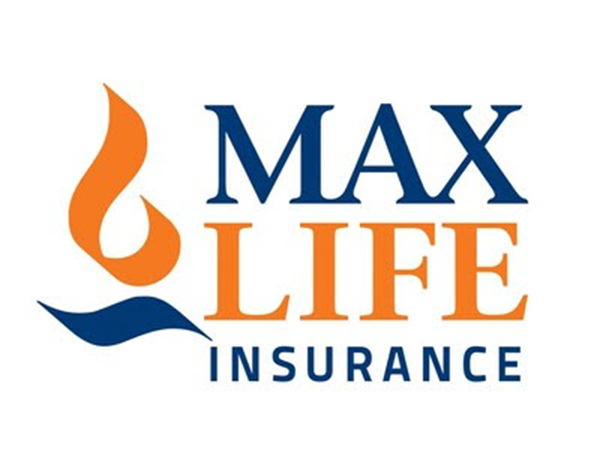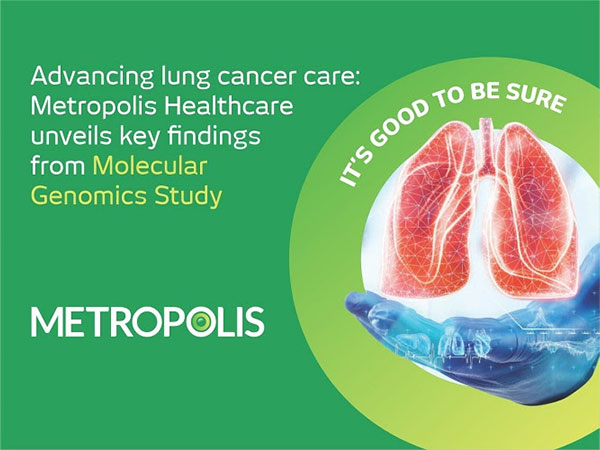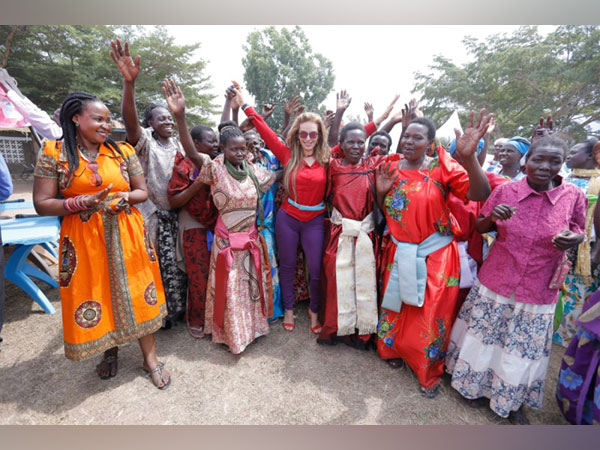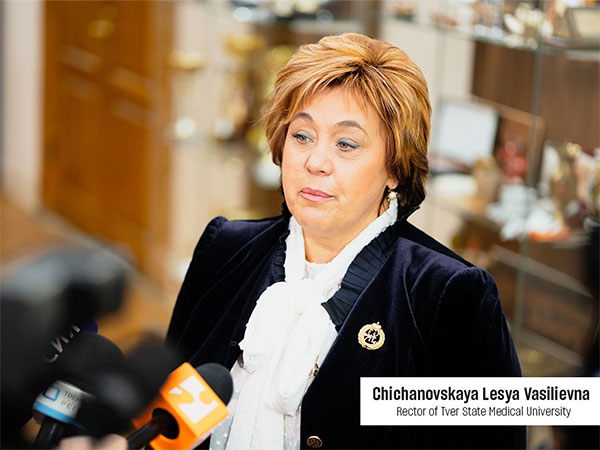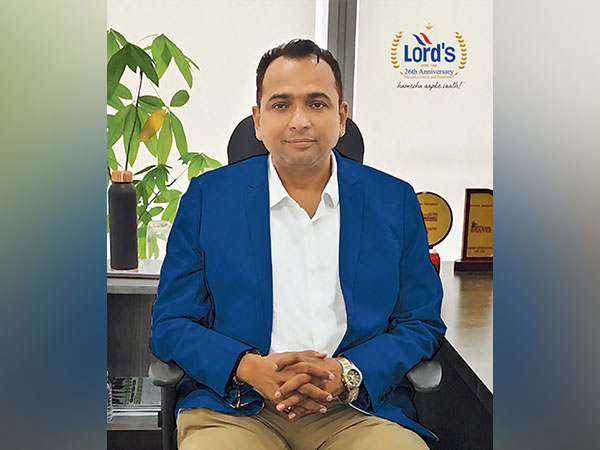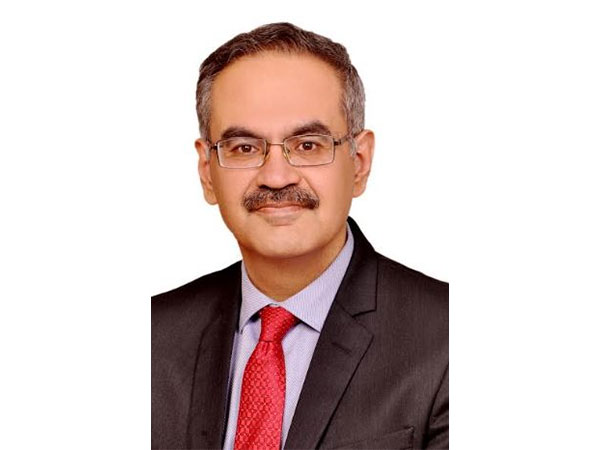West India Leads in Term Insurance Uptake; 1 in 3 opt for Term Plans to Safeguard Future Finances: Max Life's IPQ 6.0
Apr 26, 2024
PRNewswire
New Delhi [India], April 26: Max Life Insurance Company Ltd. ("Max Life"/ "Company") today unveiled the West zone findings of the sixth edition of its flagship survey, the India Protection Quotient (IPQ)* study, conducted in partnership with KANTAR, the world's leading marketing data and analytics company. Tapping 4,700 respondents across 25 Indian cities, this widely-inclusive survey uncovers urban India's pulse on financial protection.
The IPQ 6.0 findings showcase West India's substantial advancement in financial protection. The zone's Protection Quotient has increased from 42 to 46 points compared to the previous edition, representing the most significant improvement among all regions. This heightened readiness for uncertainties is also evident in the zone's financial security level, which has climbed to 59%, returning to pre-pandemic levels.
Further, 72% of respondents in the region have invested in life insurance policies, indicating a growing recognition of the importance of financial protection in India's Western states. Specifically, there has been a notable increase in the adoption of term insurance plans, rising by 7 percentage points from 29% in IPQ 5.0 to 36% in the latest edition. The survey also showed a positive trend in insurance policyholders feeling secure with their term coverage. The percentage of individuals who believe their term cover is adequate has risen significantly from 53% in IPQ 5.0 to 62% according to the IPQ 6.0 findings.
Prashant Tripathy, CEO and Managing Director, Max Life Insurance said, "The 6th edition of Max Life's flagship survey, the India Protection Quotient- West Zone, marks a significant milestone in our journey to enhance financial preparedness in the region. Awareness plays a pivotal role in understanding the importance of financial protection and the value of investing in insurance. Over the past six years, the increase in awareness in the region has been remarkable, paving the way for increased adoption of protection as well as life insurance solutions. This progress also highlights the growing adoption of insurance as a means to building a secure future. As we strive towards achieving universal financial protection, the India Protection Quotient acts as a roadmap for all stakeholders, guiding our efforts to serve individuals and communities across various demographics and regions PAN India."
The following findings reveal insights that highlight urban West India's shift in financial priorities, outlook and behaviour:
Mumbai exhibits a solid Knowledge Index
This year's IPQ edition revealed the degree to which Mumbai's respondents are financially prepared for life's uncertainties. As per the study, Mumbai's financial protection quotient stood at 61 points, marking a 3-point increase from 58 in IPQ 5.0. With a Knowledge Index of 84 points, one of the highest among metros, Mumbai residents demonstrate a strong understanding of life insurance as a means to safeguard their future. While Mumbai boasts a high life insurance ownership level of 84%, it ranks third among metro cities, with Chennai at 92% and Delhi at 85%.
West India values Insurance Coverage and Features over Premiums
Customers across urban India's West zone are increasingly prioritizing important aspects such as sum assured and product features while buying insurance over factors such as premium amount. With percentage of people valuing term cover rising from 54% in IPQ 5.0 to 59% in IPQ 6.0, there is also a surge in the significance attributed to term product features, climbing from 56% to 65%, and term riders, increasing from 35% to 57%.
West Zone's Positive Trend in Security Levels Signals Improved Financial Outlook
IPQ 6.0 reveals marked progress in West India's financial security and preparedness for life's uncertainties with respondents feeling increasingly confident about their financial stability. The percentage of individuals feeling secure about managing their medical expenses has risen from 60% in IPQ 5.0 to 66% in IPQ 6.0, indicating growing confidence in healthcare affordability. Additionally, there has been a notable rise in the number of individuals feeling secure about their jobs and businesses, climbing from 57% to 64% in this edition. A similar positive trend is observed in confidence levels regarding financing children's education, with two out of three individuals expressing confidence in this regard.
Shifting Savings Priorities Witnessed in urban India's West zone
Urban west India showcased a shift in savings objectives, with traditional goals like buying a house or saving for children's marriage getting deprioritised, while saving for a vacation increasingly preferred from 7% in IPQ 5.0 to 14% as per the current edition. Notably, 23% of West zone's respondents cited saving for an early retirement as an important savings goal.
Significant increase in health and wellness quotient
The IPQ 6.0 study reveals that 1 out of 2 individuals in urban India's West zone engage in regular fitness activities like walking, gym, yoga, and exercise. The adoption of health and fitness technology has witnessed a significant surge in urban West India, with more individuals embracing products like fitness bands and health monitoring devices as integral tools in their wellness journey.
Digital preferences impact insurance buying behaviour of customers: Most Individuals turn to social platforms for understanding term insurance
In today's digital landscape, West India's urban respondents are increasingly turning to platforms like Facebook, Twitter, and LinkedIn as primary sources of information during term insurance purchases, according to IPQ 6.0 findings. Social media platforms like Facebook, Twitter, and LinkedIn have emerged as significant sources of information, providing consumers with insights, reviews, and recommendations from peers and experts alike. West India's preference for communication channels such as WhatsApp and Voice Assistant platforms underscores the growing demand for convenience and accessibility in interactions with insurance providers. Similarly, online reviews play a crucial role in the decision-making process, allowing customers to leverage peer feedback to assess the trustworthiness and reliability of insurance companies before committing to a purchase.
Read more about the India Protection Quotient at - https://www.maxlifeinsurance.com/maxlife-ipq
About India Protection Quotient
Instituted in 2019, India Protection Quotient is an annual property by Max Life Insurance in association with Kantar aimed at understanding the pulse of Indian consumers in the financial protection space. Launched with the underlying objective of increasing penetration of term insurance as the most fundamental and economical form of life insurance, the survey aims to reveal the state of urban Indians with regards to current financial security levels, changing savings and investment patterns, key anxieties, and triggers of financial protection in the contemporary world. The India Protection Quotient is a proprietary tool developed by Max Life in partnership with Kantar to gauge the degree to which Indians feel protected from future uncertainties on a scale of 0 to 100. It is based on attitudes, mental preparedness around future uncertainties, awareness, and ownership of life insurance product categories (term, endowment, and ULIP).
Disclaimer:
The study was conducted in partnership with KANTAR in the top 25 Urban metros, Tier 1 and Tier 2 cities; hence, its findings are representative of metro, Tier 1 and Tier 2 cities in Urban India only.
* Metro - Delhi, Kolkata, Chennai, Bangalore, Hyderabad, Mumbai
* Tier 1 - Ludhiana, Jaipur, Lucknow, Patna, Bhubaneshwar, Vizag, Ahmedabad, Bhopal, Pune
* Tier 2 - Dehradun, Moradabad, Guwahati, Bokaro, Kolhapur, Jamnagar, Raipur, Ujjain, Hubli-Dharwad, Tiruchirappalli
* IPQ 6.0 vs IPQ 5.0 data comparison is amongst 25 markets only [6 metros, 9 Tier 1 and 10 Tier 2]
* The minimum sample to conclude any findings of the study is 270 with an error margin of +-5.964%
* Findings represented here are as per the IPQ 6.0 survey and Max Life doesn't assume responsibility or liability for any contradictions.
About Max Life Insurance
Max Life is a Joint Venture between Max Financial Services Limited ("MFSL") and Axis Bank Limited. Max Life offers comprehensive protection and long-term savings life insurance solutions through its multi-channel distribution, including agency and third-party distribution partners. Max Life has built its operations over two decades through a need-based sales process, a customer-centric approach to engagement and service delivery and trained human capital. As per the annual audited financials for FY2022-23, Max Life has achieved a gross written premium of INR 25,342 Cr.
For more information, please visit the company website at www.maxlifeinsurance.com
About Kantar
Kantar is the world's leading marketing data and analytics business and an indispensable brand partner to the world's top companies. We combine the most meaningful attitudinal and behavioral data with deep expertise and advanced analytics to uncover how people think and act. We help clients understand what has happened and why and how to shape the marketing strategies that shape their future.
For more information, visit www.kantar.com
Logo: https://mma.prnewswire.com/media/1992948/4492032/Max_Life_Insurance_Logo.jpg
(ADVERTORIAL DISCLAIMER: The above press release has been provided by PRNewswire. ANI will not be responsible in any way for the content of the same)
